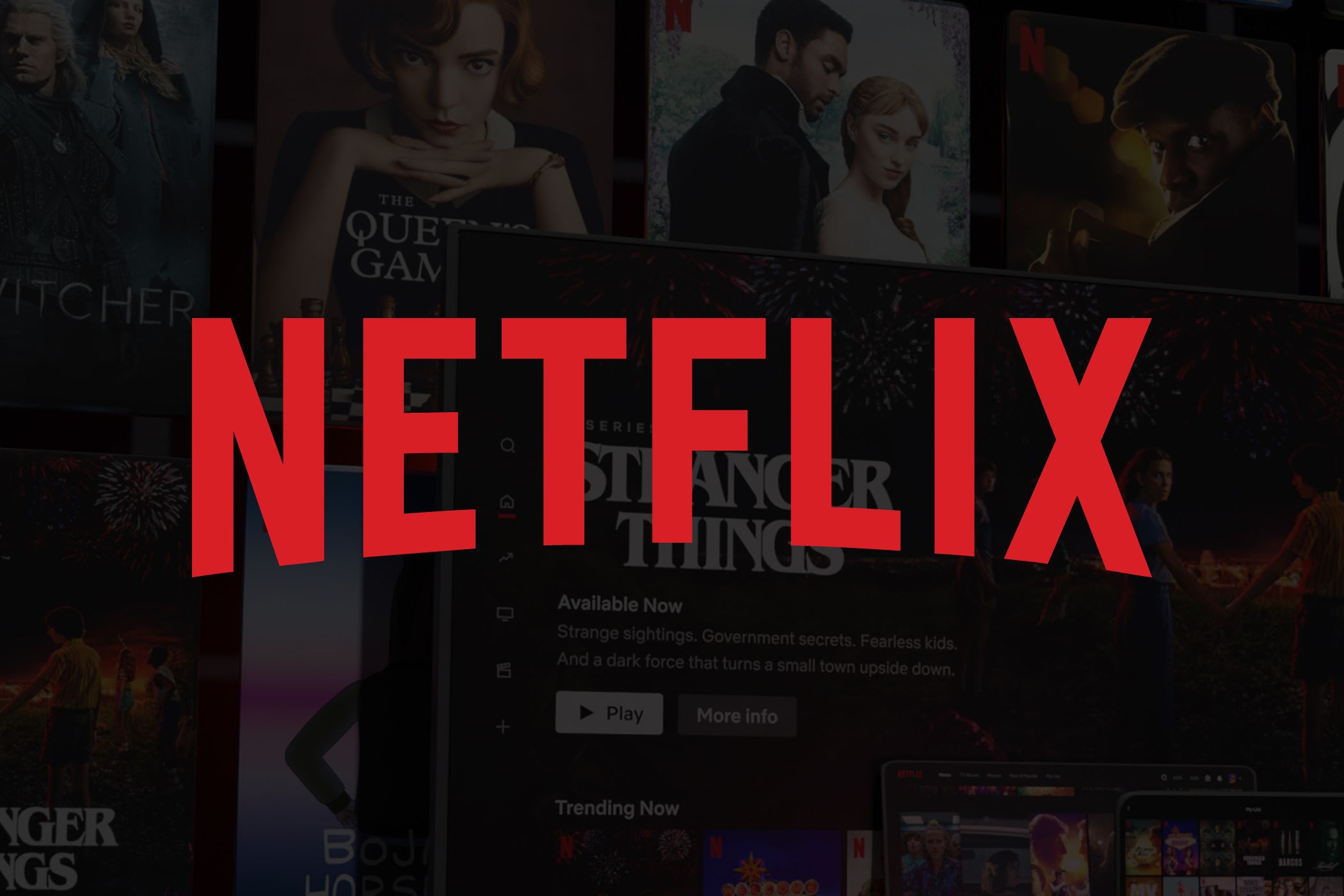Netflix is not just a streaming service—it’s a revolution in global entertainment. From starting as a DVD rental service in 1997 to becoming the world’s leading online streaming platform, Netflix has transformed how we watch TV shows, movies, and documentaries. With over 270 million subscribers worldwide (as of 2025), Netflix has become a cultural phenomenon.
In this blog, we’ll explore the history, growth, content strategy, technology, business model, and future of Netflix in detail.
1. The Origin Story of Netflix
Netflix was founded in 1997 by Reed Hastings and Marc Randolph in California. Initially, it was a DVD rental-by-mail service, challenging traditional video rental stores like Blockbuster.
Key milestones in Netflix’s early journey:
-
1999 – Introduced subscription-based model with unlimited rentals and no late fees.
-
2007 – Launched online video streaming, changing entertainment forever.
-
2013 – Released its first original series House of Cards, marking the beginning of original content.
-
2020 onwards – Became the most popular streaming platform globally during the pandemic.
Netflix’s rise is a story of innovation, risk-taking, and adapting to digital transformation.
2. Netflix’s Business Model
Netflix runs on a subscription-based business model. Users pay a monthly fee to access unlimited content without advertisements.
Subscription Plans (as of 2025):
-
Basic Plan – Affordable but with limited video quality.
-
Standard Plan – Full HD streaming with access on multiple devices.
-
Premium Plan – Ultra HD (4K) streaming and access for larger families.
This predictable revenue model gives Netflix a steady cash flow while continuously investing in content.
3. Netflix Originals: A Game Changer
One of Netflix’s smartest moves was investing in original content production. Today, Netflix produces award-winning movies, documentaries, and shows in multiple languages.
Iconic Netflix Originals:
-
House of Cards – First original series (2013).
-
Stranger Things – Global cultural phenomenon.
-
The Crown – Critically acclaimed historical drama.
-
Money Heist (La Casa de Papel) – Spanish series with worldwide success.
-
Squid Game – Korean thriller that became the most-watched Netflix show in history.
By creating exclusive shows, Netflix ensures brand loyalty and subscriber retention.
4. Technology Behind Netflix
Netflix is not just an entertainment company—it’s also a tech giant.
-
Recommendation System – Uses AI algorithms to suggest personalized content based on viewing habits.
-
Cloud Computing – Stores and delivers content through distributed cloud servers worldwide.
-
Adaptive Streaming – Automatically adjusts video quality depending on internet speed.
-
AI & Data Analytics – Helps predict what shows will succeed by analyzing user data.
This use of technology ensures seamless viewing experiences for millions simultaneously.
5. Netflix vs. Competitors
The streaming market is crowded with giants like Amazon Prime Video, Disney+, Hulu, and Apple TV+. Yet, Netflix continues to lead because of:
-
Global reach – Available in over 190 countries.
-
Diverse content library – Hollywood, Bollywood, K-Dramas, anime, documentaries, and more.
-
User-friendly interface – Easy navigation, multiple profiles, and parental controls.
-
Aggressive investment in originals – Spending over $17 billion annually on content.
Still, competition is fierce. Disney+ holds strong in family-friendly content, while Amazon Prime bundles entertainment with shopping perks.
6. Impact of Netflix on Entertainment Industry
Netflix has completely changed how we consume entertainment:
-
End of Cable TV Dominance – Millions have cut the cord and shifted to streaming.
-
Binge-Watching Culture – Releasing entire seasons at once allows users to watch on their schedule.
-
Global Storytelling – Shows like Squid Game and Money Heist prove that audiences love stories from all cultures.
-
Opportunities for Creators – Independent filmmakers now have a global platform.
-
Awards & Recognition – Netflix originals frequently win Oscars, Emmys, and Golden Globes.
7. Netflix in India
India is one of the fastest-growing streaming markets. Netflix has invested heavily in Indian original shows and films.
Popular Indian Netflix Originals:
-
Sacred Games
-
Delhi Crime (won International Emmy Award)
-
Lust Stories
-
Kota Factory
-
Class
With affordable mobile-only plans, Netflix is targeting the young, mobile-first audience in India.
8. Challenges Netflix Faces
Despite its success, Netflix has hurdles to overcome:
-
Rising Competition – Disney+, Amazon, and local platforms are growing rapidly.
-
High Subscription Fees – Netflix is often more expensive than competitors.
-
Password Sharing – Users sharing accounts reduces revenue.
-
Content Saturation – With so much content, attracting new viewers is challenging.
-
Regional Regulations – Different countries have censorship laws that affect Netflix content.
9. The Future of Netflix
Netflix is not slowing down anytime soon. Future strategies include:
-
More Local Content – Investing in regional films and series worldwide.
-
Interactive Content – Expanding on experiments like Black Mirror: Bandersnatch.
-
Gaming Expansion – Offering Netflix Games for mobile users.
-
Ad-Supported Plans – Cheaper subscription plans with ads to attract new users.
-
VR and Metaverse – Potentially stepping into immersive entertainment.
10. Final Thoughts
Netflix has become much more than a streaming service—it’s a cultural movement. From redefining entertainment with binge-watching to investing billions in original storytelling, Netflix continues to shape the future of global media.
With competition rising, the coming years will test its ability to innovate and retain dominance. But one thing is clear: Netflix changed entertainment forever.
